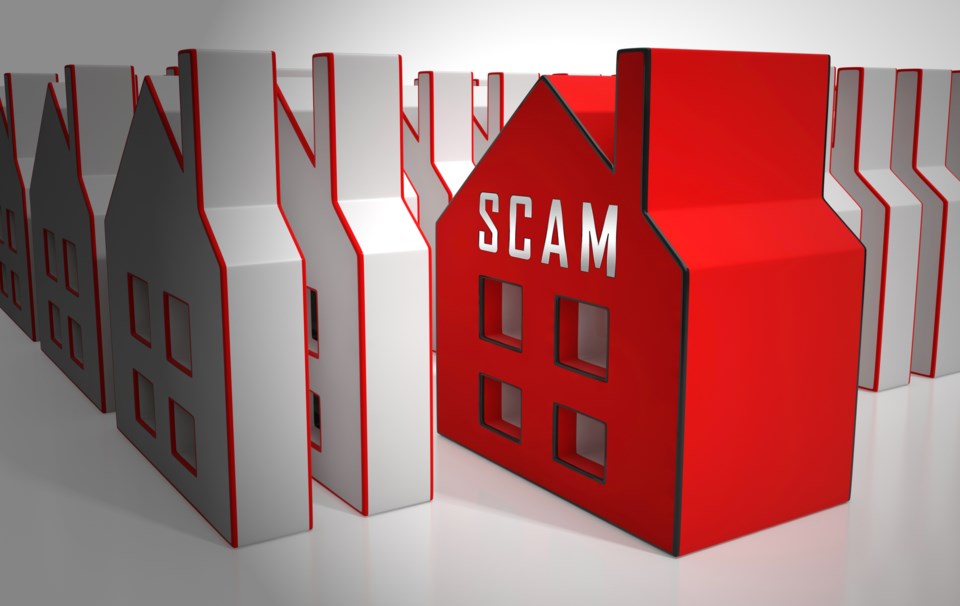The Better Business Bureau (BBB) serving Mainland sa¹ú¼Ê´«Ã½ issued a warning to homeowners Wednesday regarding an emerging scam trend: home title fraud.
This type of fraud is when someone obtains the title to your property and changes ownership from your information to theirs by using fake identification and forged signatures.
“The scary part is, you may not even realize it has happened until it’s too late. In fact, it has already occurred twice in Ontario this month,” said the BBB in their release.
Reports emerged in early January about two Toronto-based homeowners who left sa¹ú¼Ê´«Ã½ for work-related reasons, only to find out that their home had been sold without their knowledge, according to the Toronto Police Service.
Upon returning, they discovered that scammers had used fake identities to hire a real estate agent, list and sell the property, in addition to the new homeowners taking possession, the police report said.
Last week, a close call was reported from a Toronto-based family who was able to stop the scam after someone used a fake identity to put their house up for rent.
“Title fraud has been a threat to the Canadian real estate industry and is a potential risk for every property,” said Simone Lis, president and CEO for BBB serving Mainland sa¹ú¼Ê´«Ã½ “The best thing you can do is take proper precautions to avoid falling into this scam, and know what to do if it happens to you.”
How to protect yourself against home title fraud
The first step to protecting yourself against this type of scam is to consider getting title insurance. This type of insurance protects the owner against risks that their property could carry, including fraud, according to BBB.
“In a situation where a potential buyer purchases a property owned by fraudsters, title insurance could be the original homeowner's only saving grace,” said the bureau.
Secondly, BBB suggests that homeowners treat their personal information “like gold,” in order to avoid identity theft. To do this, shred any documents containing information like ​​bank account numbers, social insurance numbers, or any other personal information, they said.
In addition, BBB says to exercise suspicion when asked to give out personal information and photo identification like health-care cards, drivers licences and passports.
Another tip, said the release, is to regularly check credit reports for any unauthorized inquiries. This also goes hand in hand with monitoring withdrawals and charges for any activity that is out of the ordinary.
“Know when your bills are due. One hint to sense potential identity theft is when you stop receiving certain bills. This can happen because scammers have changed the address you have associated with your bank account or credit card,” said BBB.
If your identity has been stolen, make sure you take the right steps to report the fraud like placing a “fraud alert” or “freeze” on your credit report.
Homeowners can also access more information through the .



